Local Museum Curates The Nation’s First Exhibit Celebrating Black Culinary History
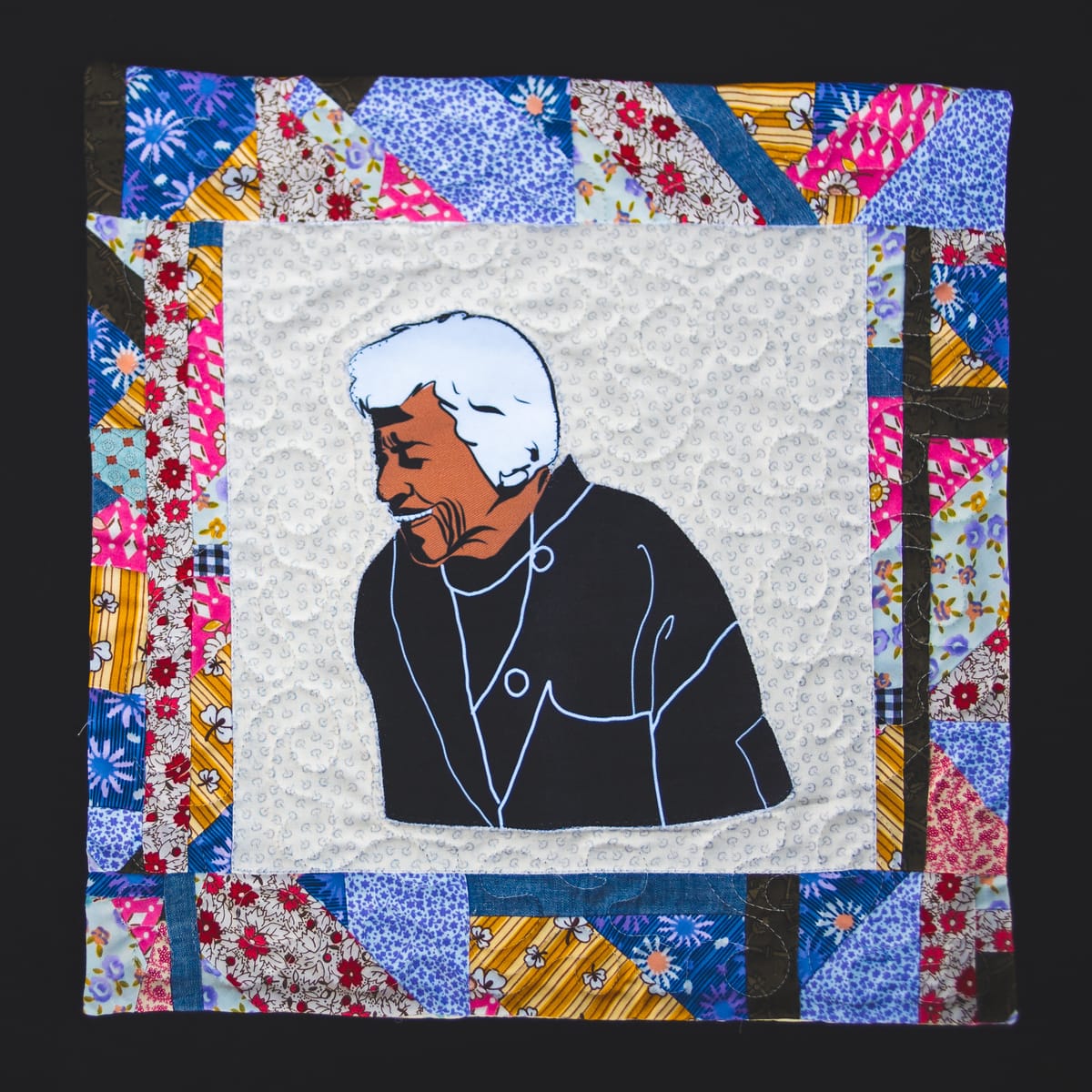
WILLIAMSBURG — The Museum of Food and Drink (MOFAD) announced last week its newest exhibit, African/American: Making the Nation’s Table. It will be on view at The Africa Center opening to the public in February 2020. The interactive exhibit will be the nation’s first to honor the many contributions of the African Diaspora in American culinary culture.
The exhibition will celebrate the countless Black chefs, farmers, food and drink producers who have laid the foundation for American food as we know it today. Curated by Dr. Jessica B. Harris, who is considered the world’s foremost expert on the foods of the African Diaspora, and an expert committee of Black chefs, food historians, and authors, the exhibit will give recognition that is long overdue to the nation’s table.
“It is mind blowing how unknown this story is given how ubiquitous it is, and the fact how it stretches back to the country’s inception, ” Peter J. Kim, the Executive Director of MOFAD told Bklyner. “There needs to be greater awareness of the Black roots of our country overall, but particularly the food angle, has been written out of history. We can use food and drink as a way to make this a really accessible story.”
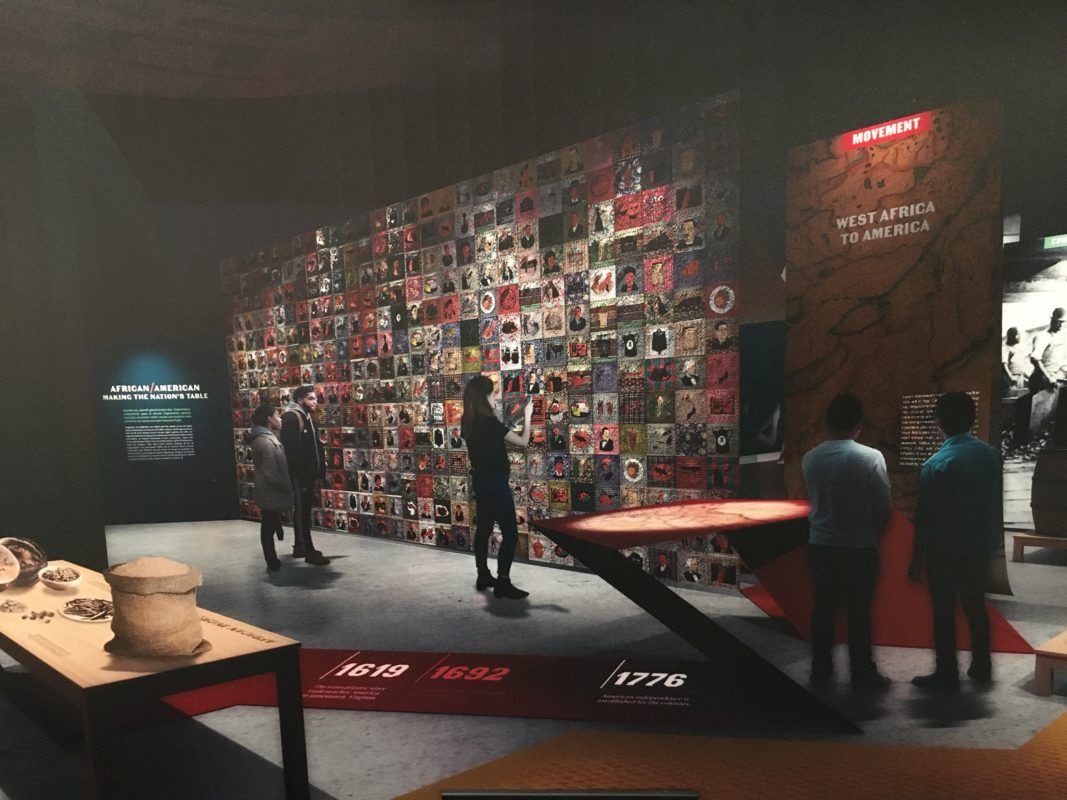
Food and drink we consume every day, staples in our pantry, the way we interact with food in America is directly linked to African American contributions to the nation’s cuisine. A larger narrative of this story told through food will touch on nation building and identity building that have not been recognized by America yet.
“In the 400-plus years since enslaved Africans first arrived on the North American continent, African Americans have been the bedrock of American cuisine,” said Dr. Jessica B. Harris in a statement. “For centuries, we worked the fields, harvested the crops, wrote the recipes, brewed the beer, distilled the whiskey, cooked the food, set the table, served the food, cleared the table, and emptied the chamber-pots. In so doing, we made this nation’s table — and our influence continues today.”
As an example, Thomas Jefferson is a renowned historical foodie, but not many know that the French food he “popularized” in America, was actually the work of his chef slave James Hemings. By going beyond academia and beyond the modern food industry, the museum hopes to bring a broad level of public awareness to the topic.
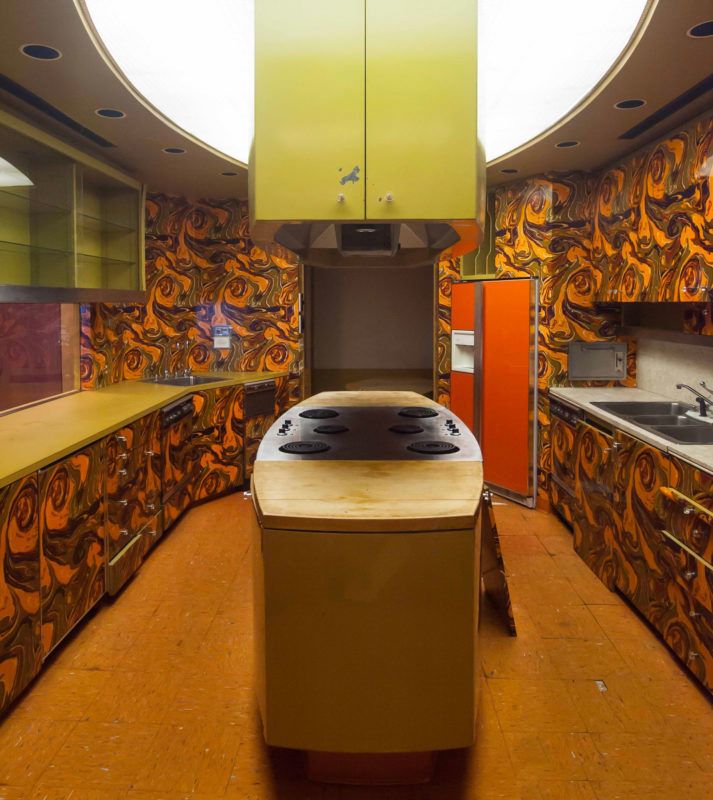
MOFAD is also now in possession of the Ebony Magazine’s Test Kitchen of The Johnson Publishing Company in Chicago, a well-known contribution to ‘70s interior design, as well as a crucial societal pillar in Black culinary history.
“The Ebony Kitchen magazine and all of the Johnson publications were really important for the African American community, they were inspirational and aspirational magazines that on the one hand showed African American people’s daily life, but also people thriving and succeeding within that,” Catherine Piccoli, MOFAD’s Curatorial Director told Bklyner. “The food they were creating that ended up in the magazine was about celebrating the Black culinary experience.”
The magazine re-imagined African American cuisine, from soul food to West Indian food, by bringing sophistication to the stories. The authors were highlighting the African Americans making contributions to the culinary industry during Ebony’s run from their food column “Date with a Dish,” to food advertisements, agriculture, brewing, and distilling.
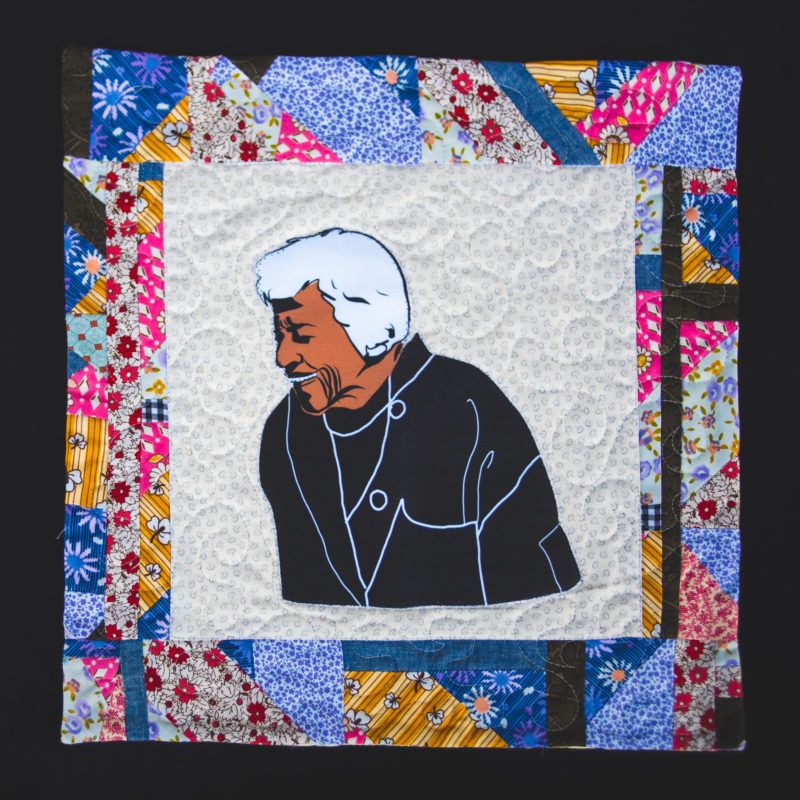
While giving every contributor a highlight in the exhibit is not possible, the Legacy Quilt, an installation composed of 400 quilt blocks, will encompass the history behind its people. Each hand-stitched block will represent a culinary innovator. Visual artist Adrian Franks, a creative who has worked with Spike Lee and Michael Jackson, illustrated the quilt, while Harlem Needle Arts, a quilting collective based in Harlem, will stitch it using historically appropriate fabrics.
MOFAD exhibits would not be complete without sharing a meal: Chef Carla Hall, published author and former co-host of The Chew on ABC, will curate a tasting inspired by the “shoebox lunch.” African American travelers were refused food service during the Great Migration, and many packed shoeboxes with food for the trip.
“We will have our visitors sit and eat together as they talk about this story, and my hope is that now it’s revealed, this whole new narrative, to connect people to each other,” said Kim. “All you see in the news is how fractured we are–it’s worth stopping and seeing what we have in common and pay due respect to the people who came before us who made that common identity possible.”
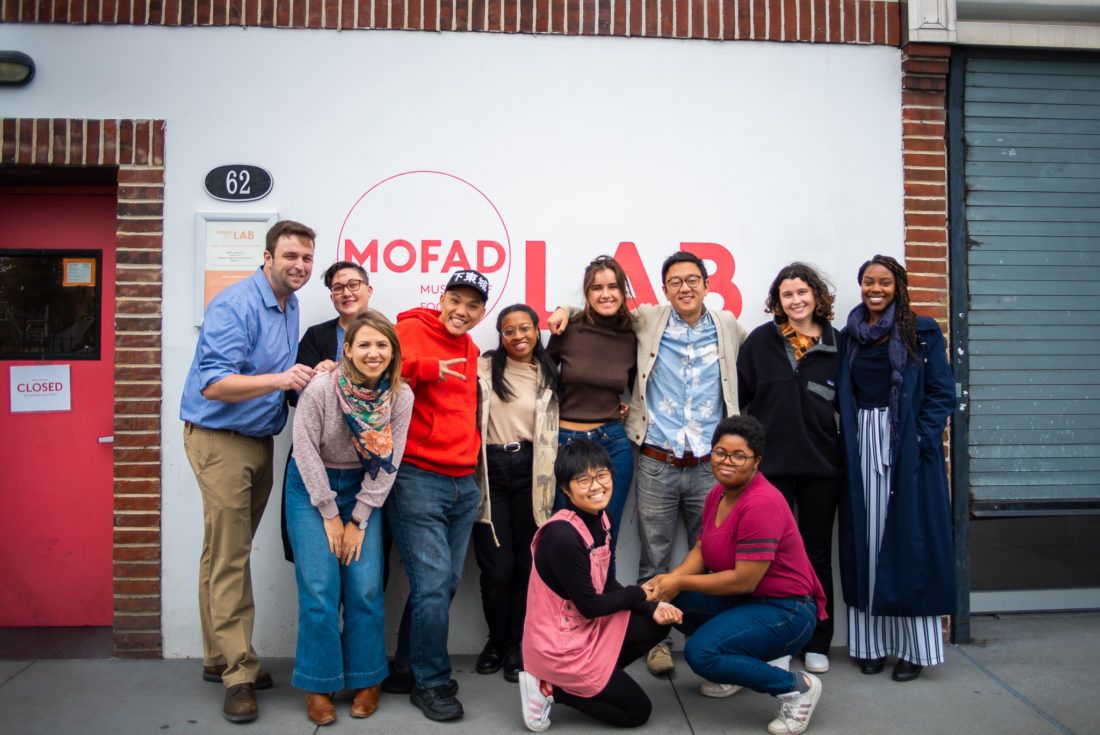
Challenging the public’s relationship with social issues through food is a common theme in MOFAD’s work. You can visit their current exhibit, about Chinese American food, Chow: Making the Chinese American Restaurant, through January 25 at their Brooklyn location.
Currently, there are no major sponsors for the new exhibit and MOFAD launched a Kickstarter campaign to aid the finances behind the project.
62 Bayard St, Brooklyn
Open Friday through Saturday, 12 p.m. to 6 p.m.




